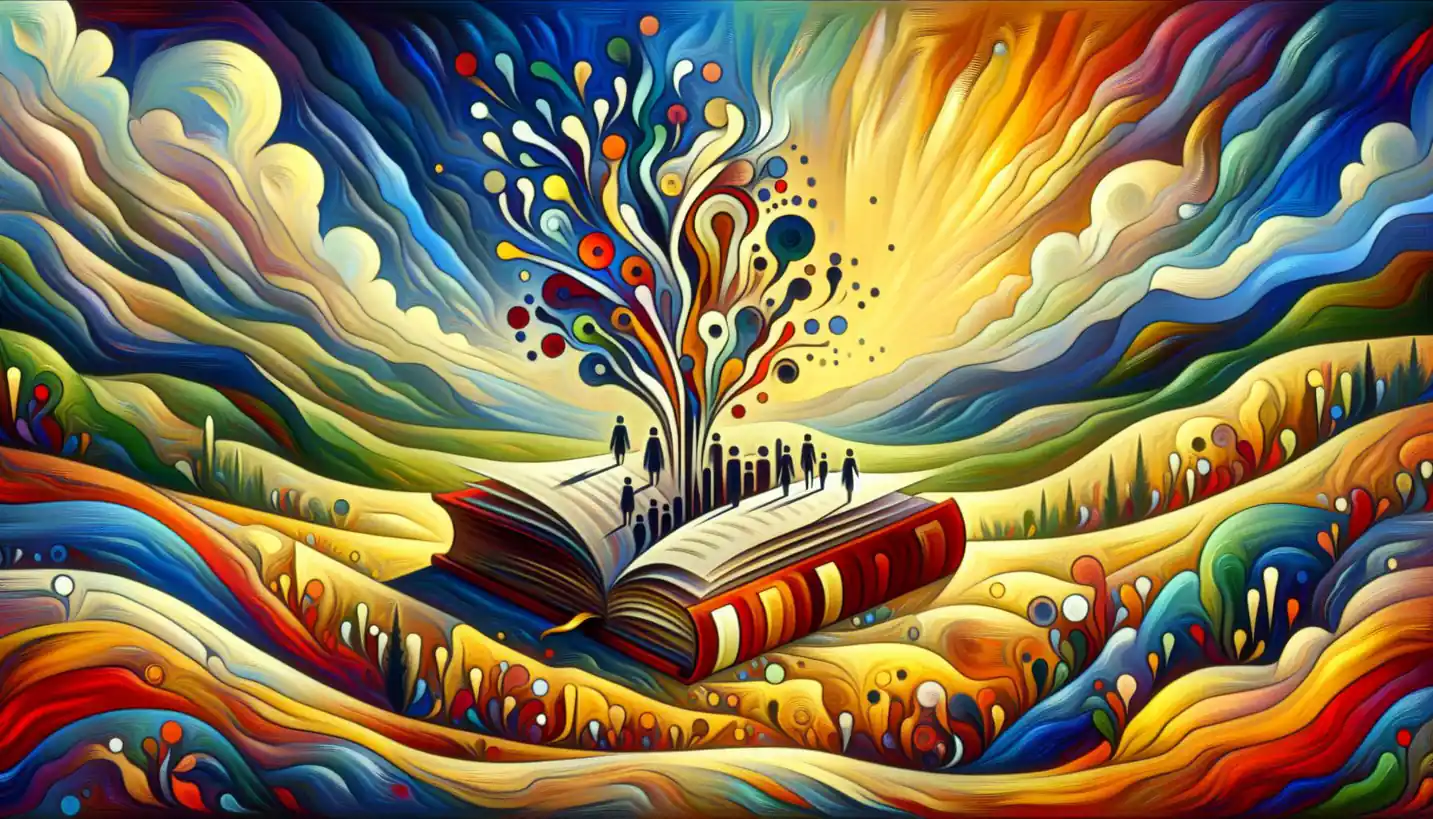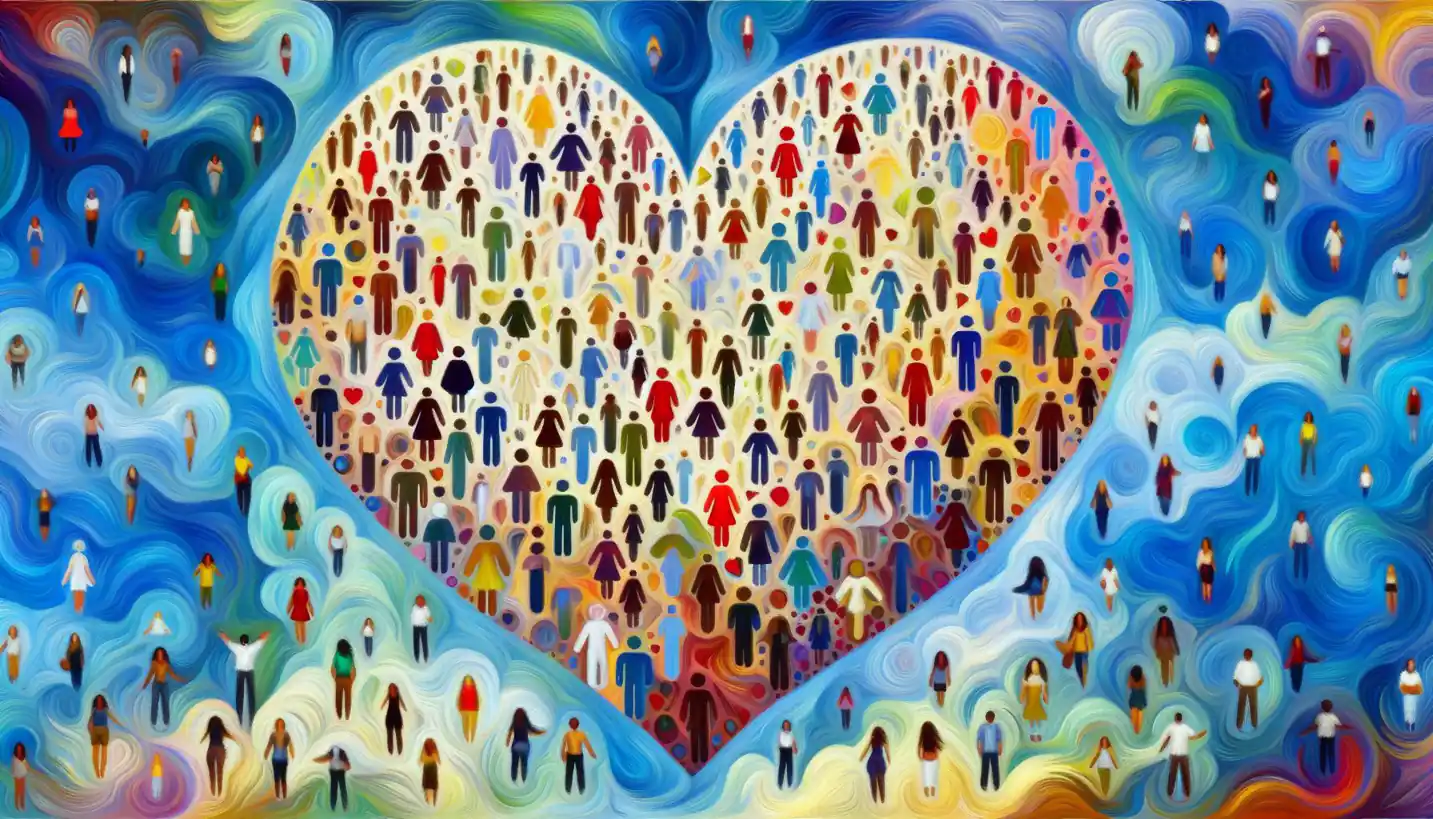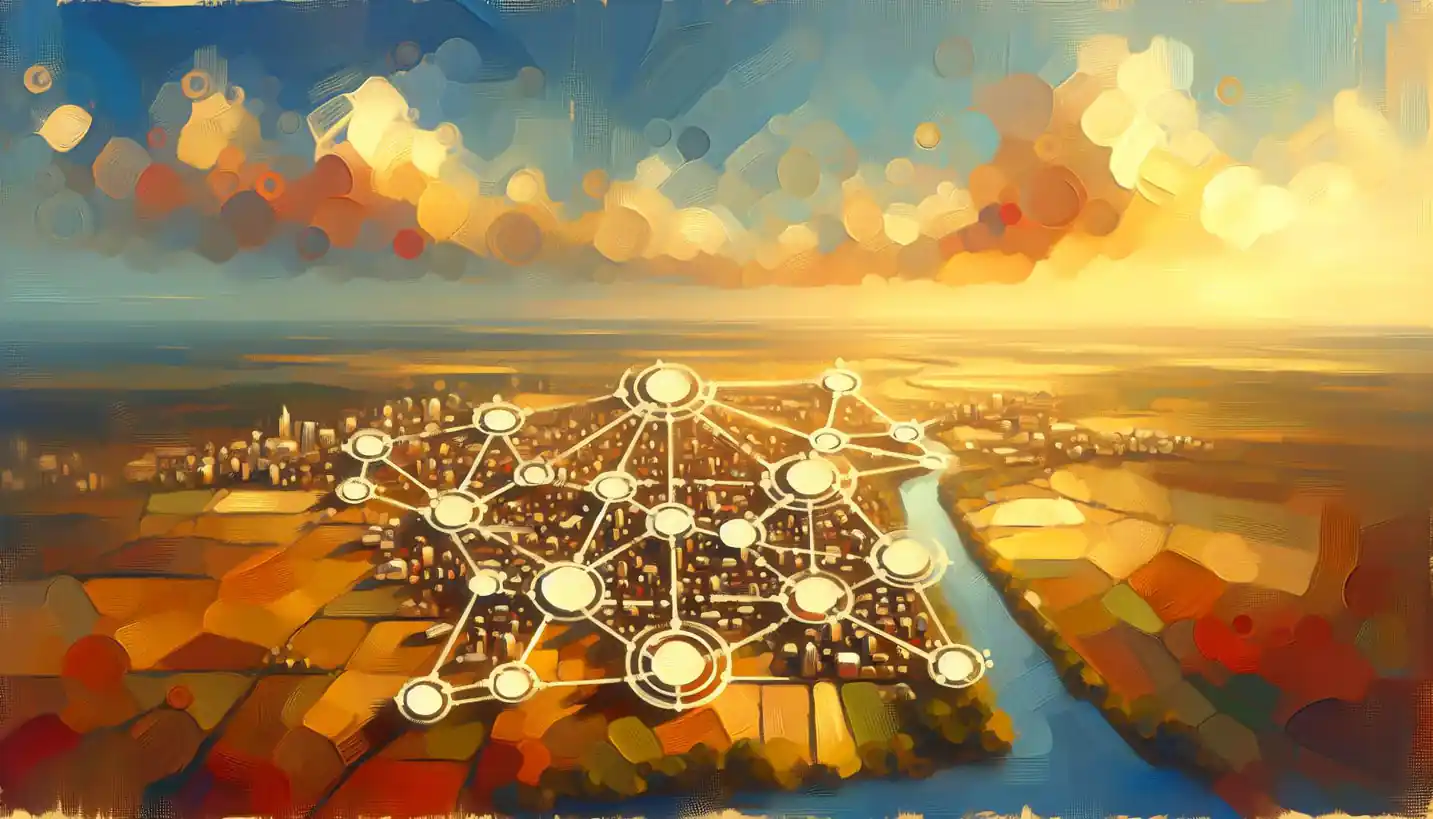· Sociology · 4 min read
Institutions: The Invisible Architects of Society
Institutions function as society's invisible architects, guiding behavior and maintaining order, often without us noticing their impact.

When we talk about institutions in economic sociology, we aren’t just referring to banks or businesses. Instead, we’re diving into the rich tapestry of rules, norms, and structures that silently shape our everyday lives. Whether it’s the understanding of property rights or the social norms that govern workplaces, institutions are the invisible architects guiding how we interact and thrive in society.
What are Institutions?
Let’s start with the basics. In the simplest terms, institutions are like the ground rules of a game. Imagine you’re playing a board game, but without instructions—it would be chaos, right? Similarly, institutions provide the guidelines that make economic and social interactions predictable and orderly. From the laws that govern trade to the everyday etiquette of greeting someone, these rules help society function smoothly.
Institutions can be both formal and informal. Formal institutions are like the written laws created by governments or organizations—rules you can find in law books or company policies. Informal institutions, on the other hand, include unwritten norms and values that people follow, like cultural traditions or codes of conduct within a family.
How Institutions Matter in Economic Sociology
Imagine trying to negotiate a deal with another business without any regulations. It would be a bit like playing soccer without a referee—each party might have their own idea of what’s fair. Here’s where institutions come into play, creating a framework for interactions. They ensure that transactions are transparent, enforceable, and understood by all parties involved.
For example, think about the institution of property rights. Knowing precisely what’s yours and what’s not allows you to trade, invest, and even innovate. If these rights were unclear or constantly changing, economic stability would crumble, and chaos might ensue.
The Role of Norms and Values
Now let’s move to the more subtle, yet powerful, aspect of institutions. They aren’t just about laws; they are also about underlying social norms and values. Take, for example, the unwritten rule that you shouldn’t cheat in business. While there are laws against fraud, much of the time, honesty is maintained because of a shared belief in fairness and the long-term consequences of dishonesty.
These norms and values instill trust in economic exchanges, which is crucial for cooperation and growth. In fact, sociologists often argue that these unwritten norms are as powerful, if not more so, than formal laws because they dictate behavior in nuanced and complex ways.
Institutions Transform and Evolve
It’s fascinating to see how institutions evolve over time. They are not static; they change as societies develop, reflecting shifts in cultural values, political landscapes, and economic needs. Think about the institution of marriage. Once viewed primarily as a social contract with economic benefits, it now embraces themes of love and partnership in many cultures.
The same applies to economic institutions. As technology advances, we’re seeing a transformation in how we understand currency, finance, and marketplaces. Cryptocurrency, for instance, challenges traditional financial institutions by introducing decentralized economic systems.
Institutions and Economic Development
Understanding institutions is key to grasping why some countries flourish economically while others struggle. Researchers have found that countries with strong and reliable institutions tend to have better economic performance. This is because effective institutions reduce uncertainty, protect investments, and encourage entrepreneurship.
For example, countries with well-defined property rights often attract more investments. Businesses feel safer putting their resources into a place where policies are predictable and rights are securely upheld.
Challenges Faced by Institutions
However, institutions also face numerous challenges. Corruption can undermine formal institutions, leading to distrust and inefficiency. Similarly, societal changes can pressure institutions to adapt or face obsolescence. As societies become more interconnected and diverse, institutions must reflect these changes to remain relevant.
There’s also the challenge of balancing innovation with regulation. New technologies and ideas often clash with existing institutions, pushing them to adapt while trying to maintain order and fairness.
Future Directions for Institutions
Looking ahead, the landscape for institutions is set to grow even more dynamic. With globalization, the need for universal standards and regulations becomes imperative. At the same time, respecting local traditions and values is crucial to maintaining community identity.
Institutions will play a pivotal role in dealing with global challenges such as climate change, technological disruptions, and socio-economic disparities. They will be central to crafting policies that are both inclusive and effective, ensuring that as we advance, no one is left behind.
Conclusion: The Unseen Threads of Society
In the grand tapestry of life, institutions are the threads that hold everything together. They provide stability, predictability, and guidance. As we move forward, understanding and evolving these institutions will be key to building harmonious and prosperous societies. With each shift in tradition and law, we see their profound impact, silently shaping and guiding us toward a shared future. With this understanding, we’re better equipped to navigate the complexities of our interconnected world, ensuring that institutions remain as relevant and beneficial as possible.



